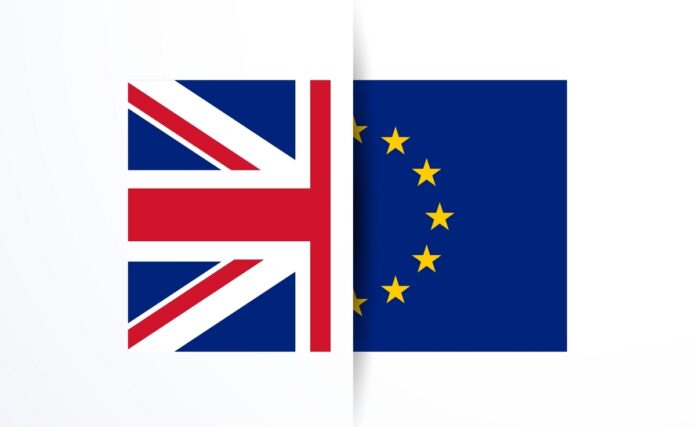You can still do most of what you did before, but it’s more painful.
As exporters and importers are discovering, the free trade deal with the EU means everything is taking a bit longer.
However, good contract management - and awareness of the roles and responsibilities of businesses in your supply chain - might help alleviate the stress.
Terms and conditions
Take your terms and conditions of sale or purchase. While unwritten contracts can mean uncertainty, written contracts can leave gaps that only become obvious when circumstances (like Brexit) change.
For example, this is a provision in respect of delivery of goods: “Seller shall deliver goods to buyer at buyer’s address.”
What the above provision fails to state is:
- At whose cost?
- Which party insures the goods in transit?
- When delivery takes place for the purposes of damage or loss. Is it when goods are loaded on to the third-party carrier’s lorry, when the goods are available for unloading at the buyer’s address, or when unloaded?
- Who is responsible for clearing goods for export or import?
Also, do your terms and conditions contain a ‘no oral modification’ clause that provides for amendments to be made in writing and signed by the parties to be effective? If not, does this leave you in a more or less favourable position?
Or perhaps the provision on delivery states: “Seller shall deliver the goods ExW (when a buyer assumes all shipping and regulatory responsibilities of transporting goods from the seller's point of origin).”
Where the buyer is situated in the EU, this would be a favourable outcome to the seller in terms of the burden of logistics and paperwork.
However, in practice the seller may need to assist its customer with the process of clearing customs, given that it’s likely to be the seller that holds the key information. Another incentive is the seller wanting its goods to remain in a good state and for the customer to place orders again in the future.
If the seller does assist in this way, it might be appropriate to record that such assistance is offered for a limited time only and does not vary the terms and conditions between the parties.
No oral modification
On a separate point, where there is a ‘no oral modification’ clause in the terms and conditions, and the seller occasionally helped out by delivering to the odd key customer in the EU, where does that leave the seller in terms of its role and obligations for 2021?
ATA Carnets
Moving away from the concept of delivery, what about where your contract obliges your counterparty to attend trade shows? For example: “You shall attend three (3) trade shows each year.”
Post pandemic, trade shows are again likely to be a popular forum at which businesses and their products can be displayed to potential buyers.
While guidance is to be updated, we anticipate that ATA Carnets will need to be used in order to passport samples from the UK to the EU. Who will be responsible for putting in place the paperwork to ensure that samples can be taken to the show with the attendee?
UK distributors
Where you are acting as a distributor under a contract with a manufacturer based in Germany, you become the importer that places the products on the UK market.
As this is a new concept for distributors in 2021, it is unlikely that your role as importer and the additional obligations placed on you are addressed by the distribution contract.
Such obligations include labelling and conformity processes. Putting to one side the additional burdens placed on distributors in this position, it may be the case that the additional risk that accompanies such burdens result in a different price or more favourable purchase requirements being negotiated.
VAT
What does your contract say about VAT? Whether importing or exporting, VAT rules are likely to change. What are the implications of this in terms of record keeping, VAT returns, and cashflow?
Do changes need to be made in terms of your supply chain structure? If you are the seller, what costs are you to put on your customers and how will this reflect on your brand?
Dialogue
An open dialogue between businesses in the supply chain is critical at this stage and in the months to come. Businesses will be battling to keep on top of additional paperwork and logistical challenges, but it is important to:
- reflect on terms in place with counterparties to highlight potential risk areas; and
- where necessary, agree on the sharing of additional roles and responsibilities.
About the authors: Stephen Sidkin is a partner and Lucy Coffey is an associate at Fox Williams LLP (www.foxwilliams.com)

















